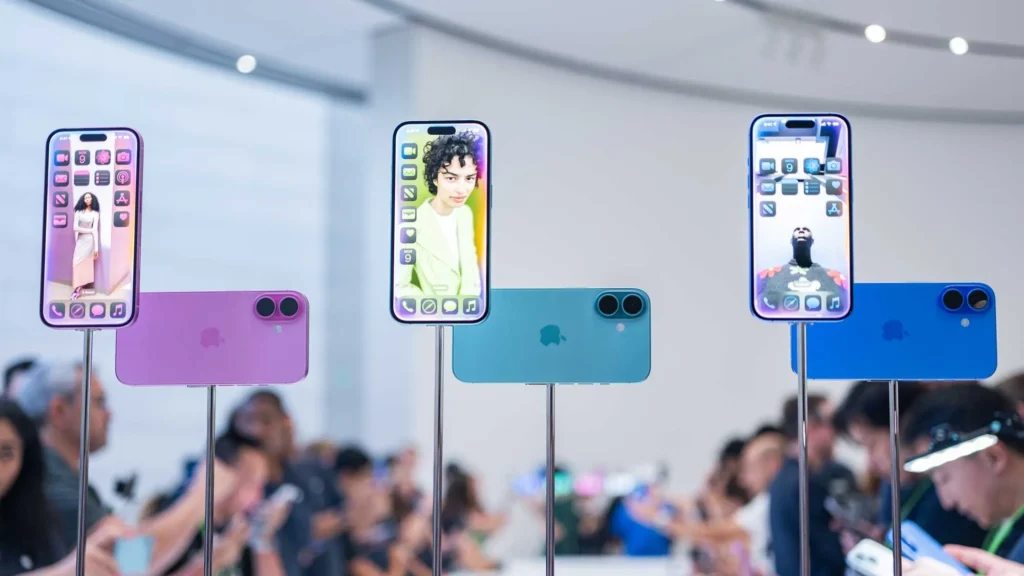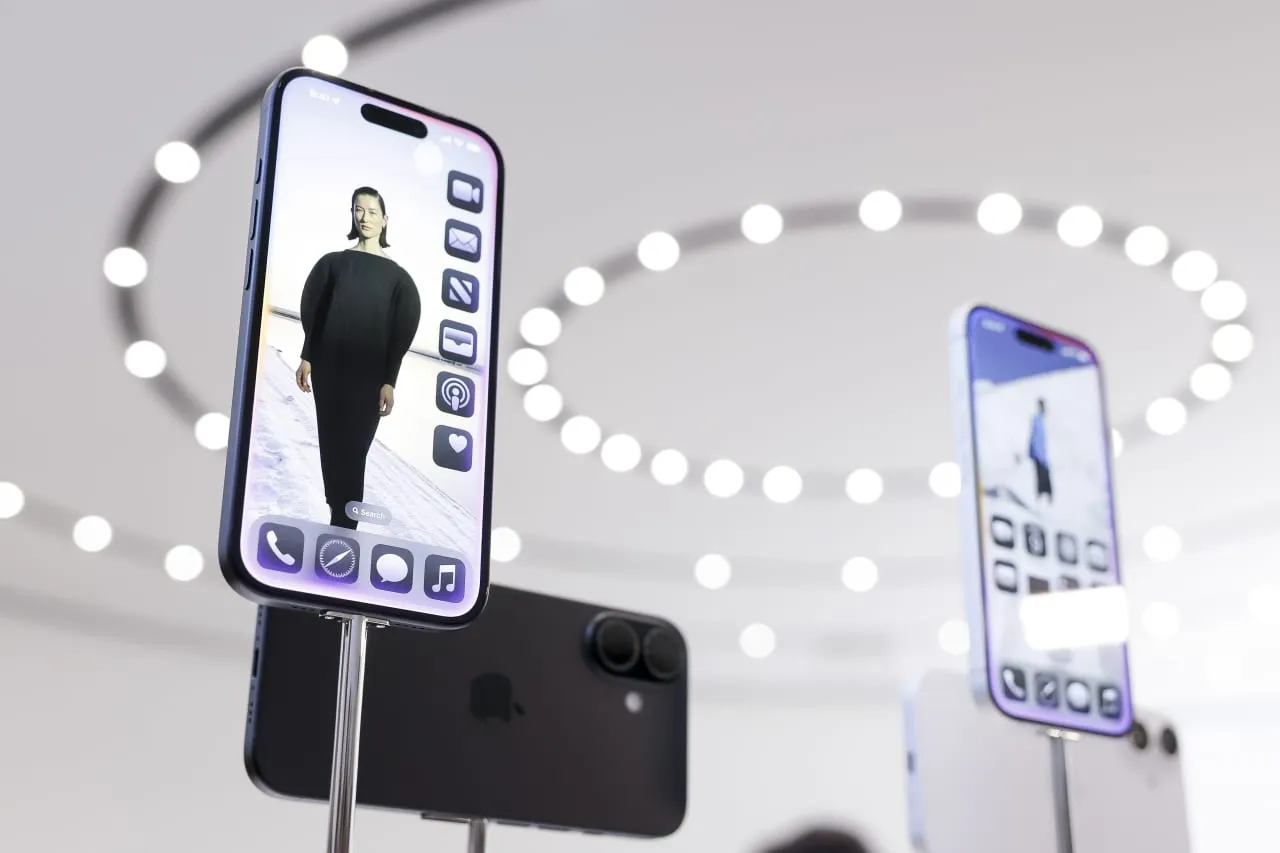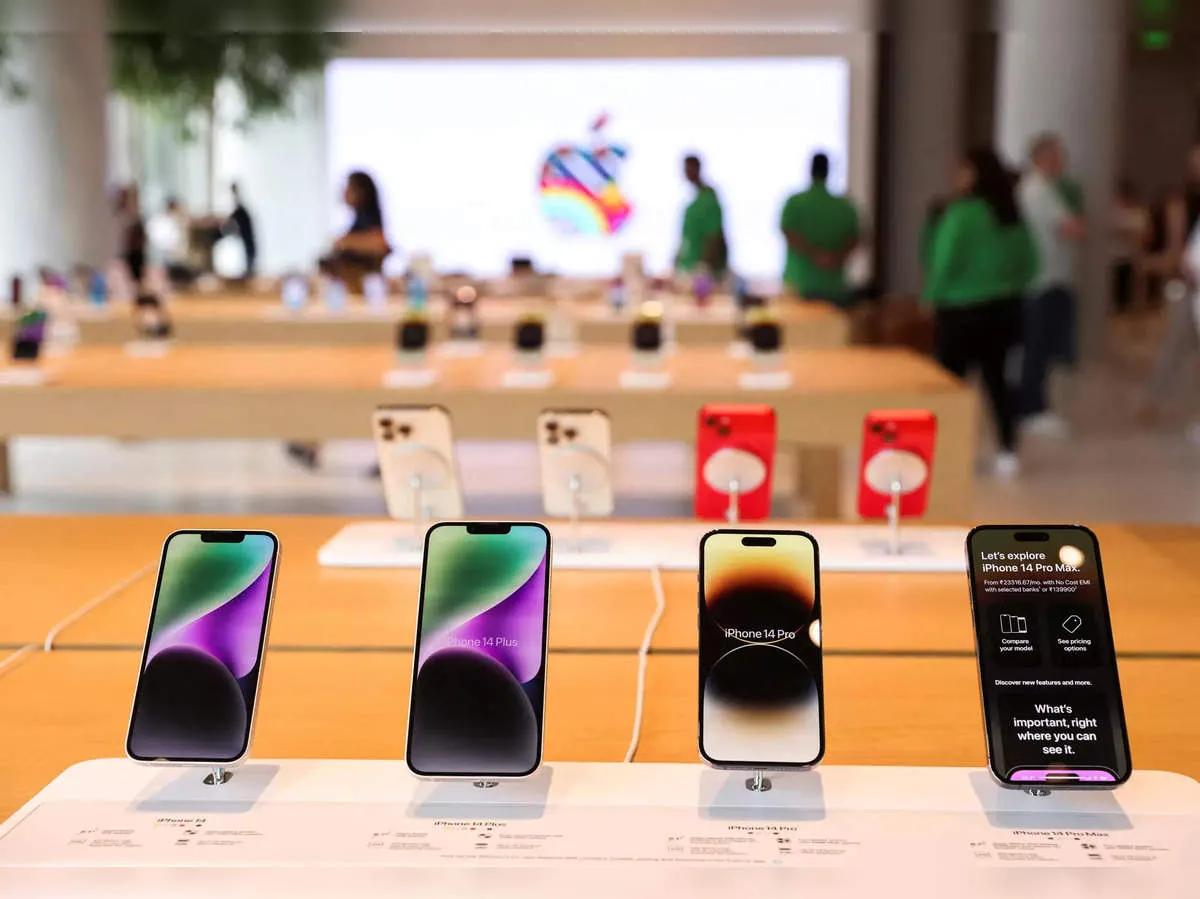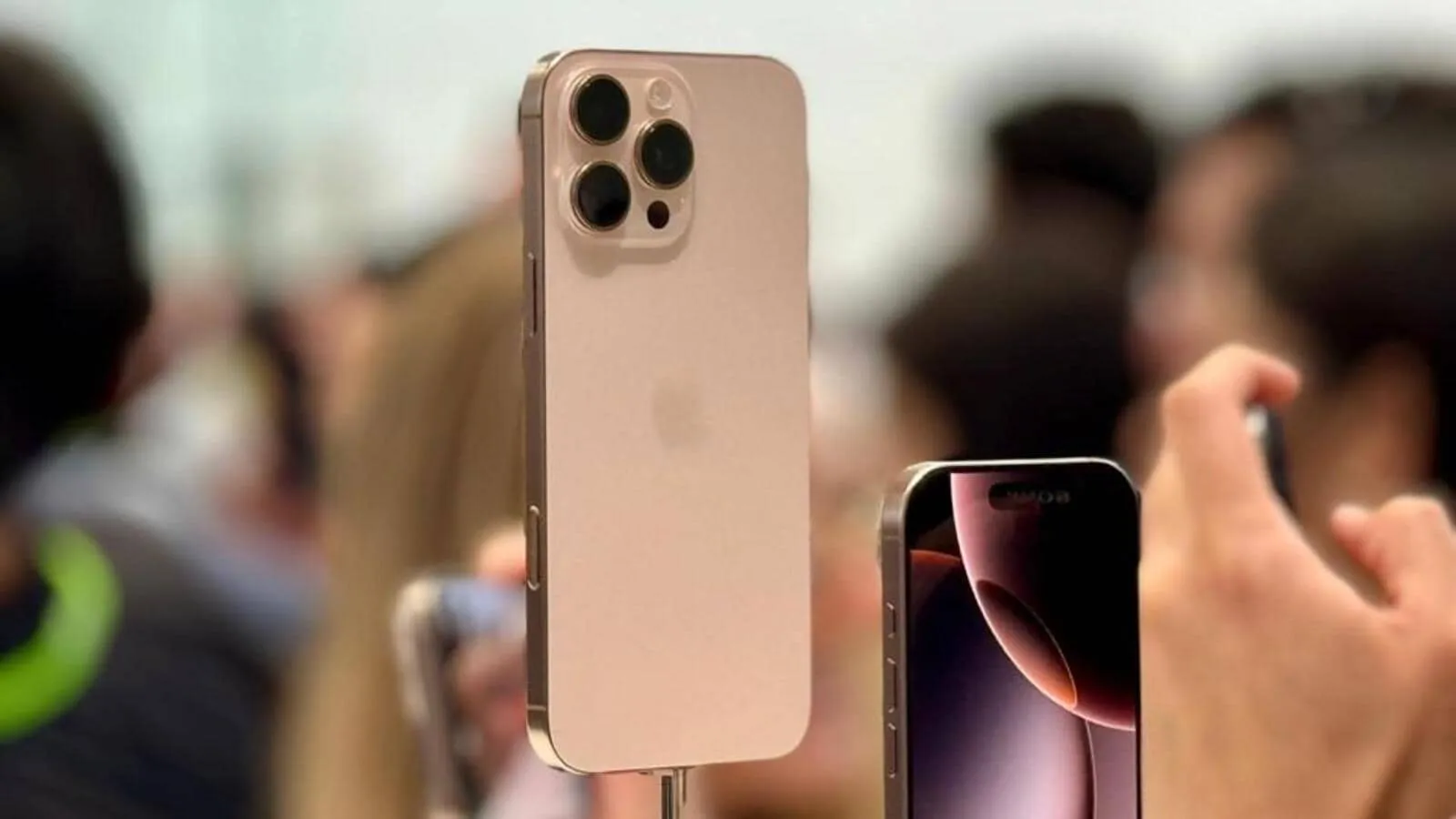
As the tech world continues to evolve at a breakneck pace, one would expect Artificial Intelligence (AI) to be at the forefront of the excitement. Yet, recent findings from a survey by SellCell, complemented by a study from CNET, reveal a striking indifference among smartphone users, particularly iPhone owners, towards the new AI features that companies like Apple, Google, and Samsung are integrating into their devices.

Widespread Disinterest in AI Features Among Smartphone Owners
SellCell’s recent data unveils that a significant 73% of iPhone owners and 87% of Samsung users perceive new AI features as adding “little to no value” to their smartphone experience. This sentiment is echoed in CNET’s earlier survey from August 2024, which highlighted that only 18% of respondents considered AI integrations a main motivator for upgrading their smartphones.
The CNET survey also pointed out that a quarter of smartphone owners find AI features unhelpful. Additionally, concerns over privacy and the reluctance to pay a monthly subscription fee for AI capabilities further dampen consumer enthusiasm. The most telling statistic perhaps is that 52% of smartphone owners have no interest in the latest foldable phone technology, hinting at a broader skepticism towards newer tech innovations in the market.
The True Drivers of Smartphone Upgrades: Battery Life, Storage, and Camera Quality
Contrary to what tech giants might hope, AI is not a major selling point for most smartphone users. The primary motivations for users looking to upgrade their devices include longer battery life, more storage, and better camera capabilities, as highlighted by 61%, 46%, and 38% of CNET respondents, respectively.
This focus on fundamental features is understandable given the high costs associated with flagship models, which can range from $800 to $1,200. It seems that most consumers prefer sticking to the basics that directly impact the daily usability of their devices.

The Future of AI in Smartphones: A Slow Burn?
Despite the integration of sophisticated AI tools like ChatGPT for Siri, custom emoji creation through Genmoji, and advanced photo editing features in recent iPhone updates, user adoption remains tepid. The same goes for Google’s Gemini functions and Samsung’s Galaxy AI capabilities, which include real-time language translation and enhanced photo editing.
While these innovations are impressive, the immediate impact on user experience has been less significant than expected. It may take time for users to recognize and appreciate the subtler enhancements that AI brings to the smartphone experience.
The Role of Cost and Privacy in AI Adoption
The potential future cost of AI features is another significant barrier to their adoption. As noted, Samsung has already indicated that its Galaxy AI features will be free only until the end of 2025 on supported devices. Similarly, Google requires a subscription for full access to its Gemini capabilities. Apple may soon follow suit, which could further deter users from embracing these advanced features.
Privacy concerns also play a major role, with one-third of smartphone owners expressing unease about AI, according to CNET’s survey. In response, companies like Apple have emphasized the on-device processing of AI tasks to address these concerns, ensuring that personal data does not leave the device unless necessary.

As we move forward, the integration of AI in smartphones will likely continue to grow, albeit at a pace that may not meet the optimistic forecasts of tech companies. For now, traditional features like battery life, storage capacity, and camera quality remain the top priorities for users upgrading their smartphones.
